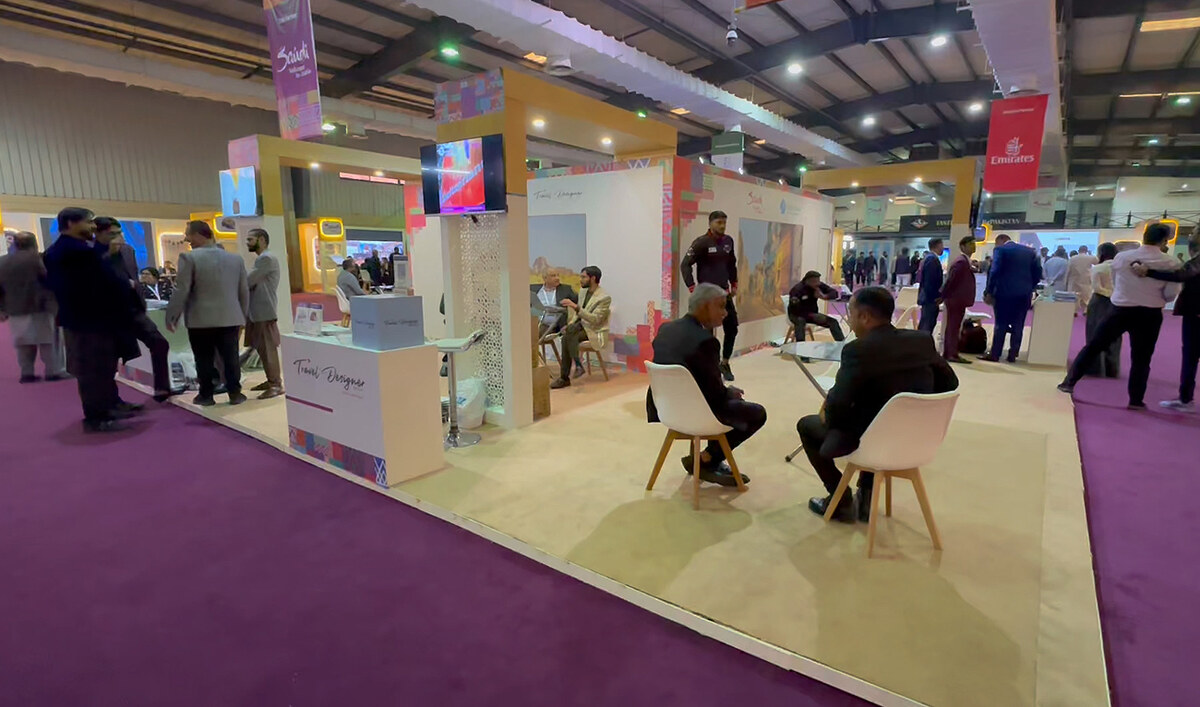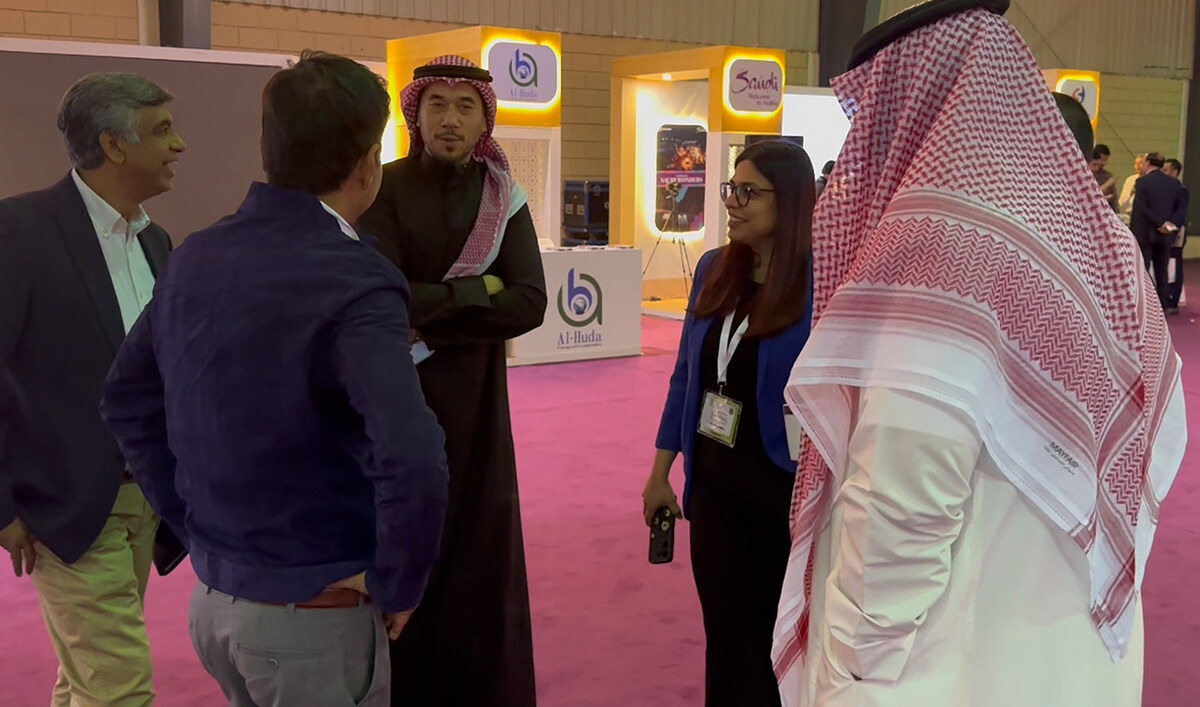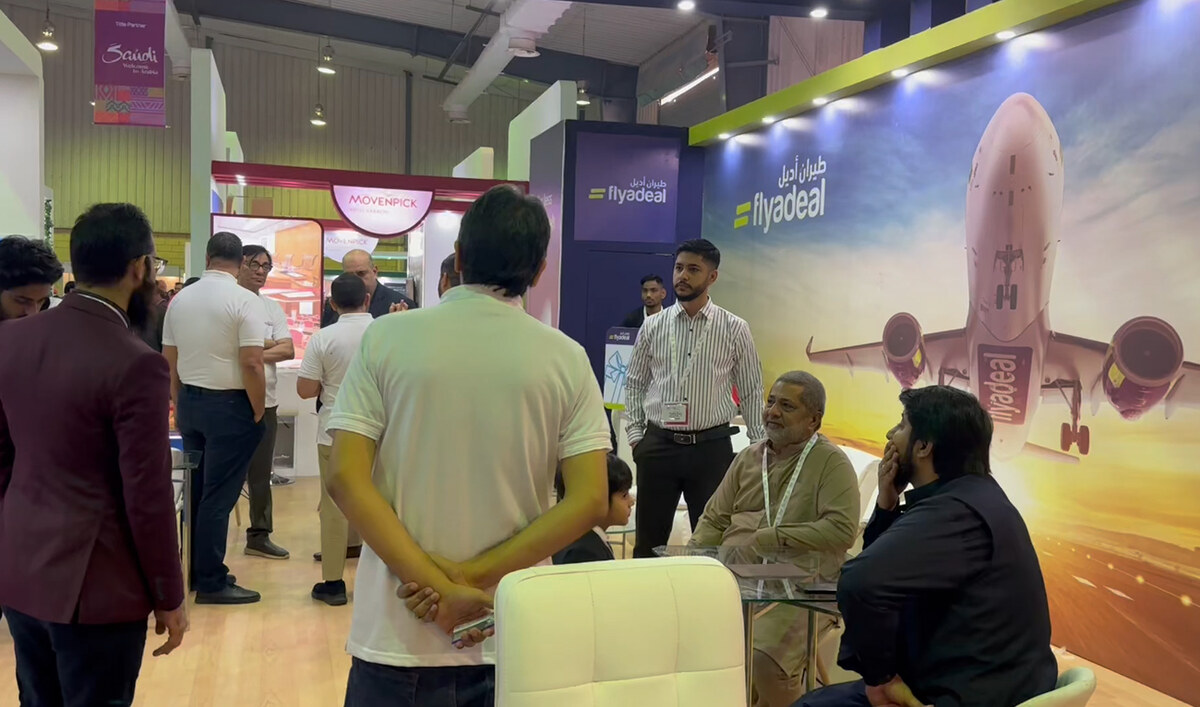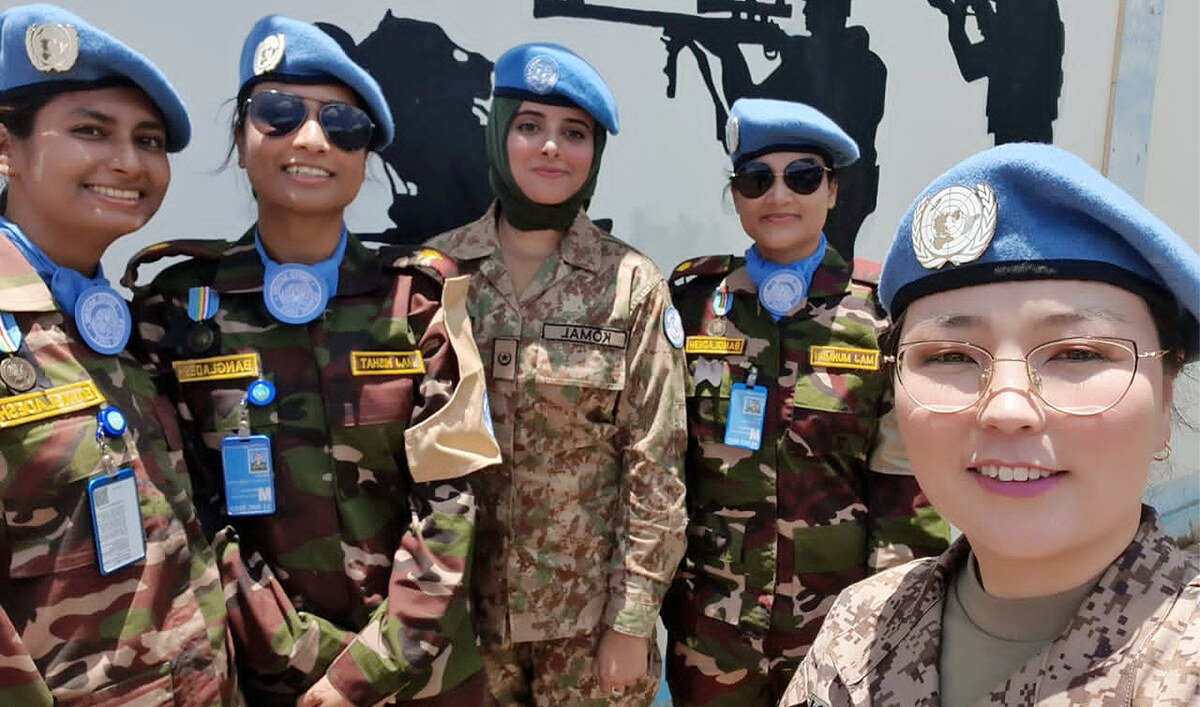ISLAMABAD: Pakistani Prime Minister Shehbaz Sharif on Tuesday directed the ministry of national food security to begin preparations to deliver a Ramadan relief package of subsidized food items to low-income groups without using state-owned utility stories to avoid corruption and customer complaints.
The annual Ramadan relief package includes subsidies and price reductions on essential commodities such as wheat, sugar, oil, and pulses, among other items, and is usually administered through utility stores. However, each year, consumers complain of long queues, limited stock availability, substandard food items, and difficulties with the process of identification verification needed to receive the discounted package at utility stores.
Other than in Ramadan also, utility stores have been plagued by reports of corruption and mismanagement for years, with consumers complaining of substandard merchandise being sold and staff accused of vending subsidized products in the open market.
“Ramadan is around the corner and for that I have entrusted the ministry of food security with the responsibility to prepare a Ramadan package without [state-owned] utility stores so that there is no corruption and there is no distribution of spoilt goods,” Sharif said in a televised address to his cabinet.
“This [distribution of Ramadan goods] cannot continue through utility stores. During last year’s Ramadan, there were countless complaints and now we have found a solution to this that we will introduce a [Ramadan] package minus utility stores.”
Once the food ministry prepares the Ramadan Relief Package 2025, it will be presented to the National Economic Coordination Committee for approval.
Last year, the Sharif-led government announced a “historic” Ramadan package with a subsidy of $26.8 million (Rs7.5 billion) to lower the prices of essential items for over 30,96,00,000 families.
During Ramadan in Pakistan, there is a significant increase in the demand for essential food items at subsidized prices, which overwhelms the capacity of utility stores, causing long lines and potential shortages.
Ensuring equitable distribution of the package across different regions and demographics can also be difficult in a country of 241 million people, sometimes leading to some areas receiving less benefits than others. To prevent abuse, the government implements strict verification processes like CNIC checks, which also leads to delays and inconvenience for customers.
The allocated stock of subsidized items at utility stores is also often not sufficient to meet the high demand during Ramadan, leading to disappointment for customers who cannot purchase everything they need.























